Thesis crisis diverted; topic approved. Approved? Enthusiastically welcomed in this case. You know what you want to do and will do it well. Right? Ok, so you have a research question. You handed in your preliminary thesis proposal and did some compulsory assignments for your thesis.
You also looked up all the necessary information to answer that question. Or better said, you have found a ton of information you think is useful but nowhere near possible to even read it all before having to finalize your end product.
With snow gently floating down from the sky behind my windows, I find my way through the amount of articles, books and hastily scribbled down notes on the floor. The sources are sacred.
Another source of stress immediately emerges: what will my sources be? Anyone who has to write a thesis cannot avoid doing a literature search – using scientific literature and other relevant sources.
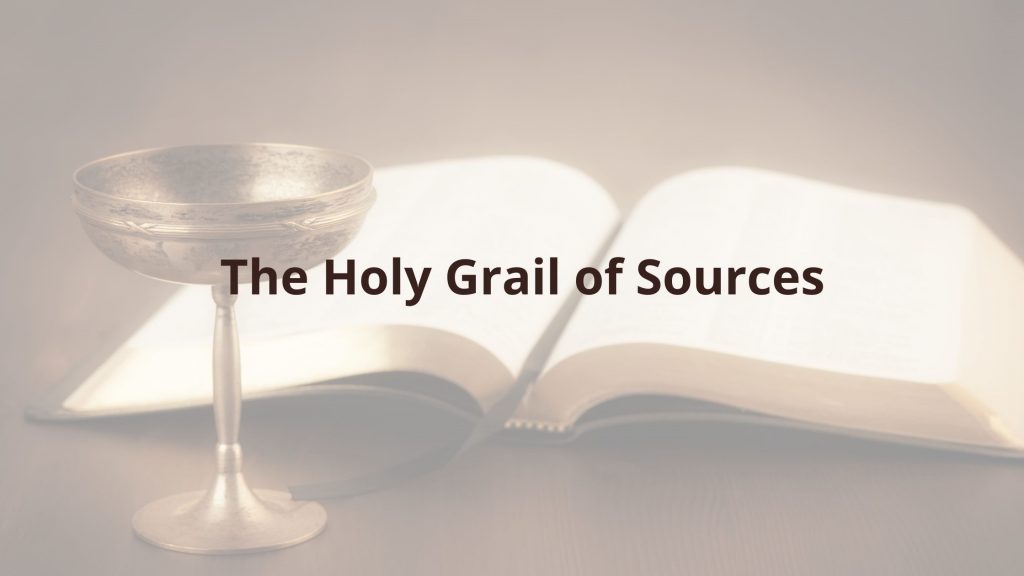
With Covid19 affecting our lives, prohibiting most of us to do any form of field research, many might be basing your thesis on existent literature. Your thesis will therefore not be much more than a number of logically collected and bundled sources. So you might think.
Those sources better be good, but what is good? Or rather: what is good enough? And how to interpret them and give it a unique swing. Whether a literature study-based thesis or more practice-oriented ones, literature research often forms the basis for the realization of your problem analysis.
You collect existing knowledge about your subject in books, scientific articles and also, for example, in theses or archive material. What is already known about the topic and what are the unanswered questions?
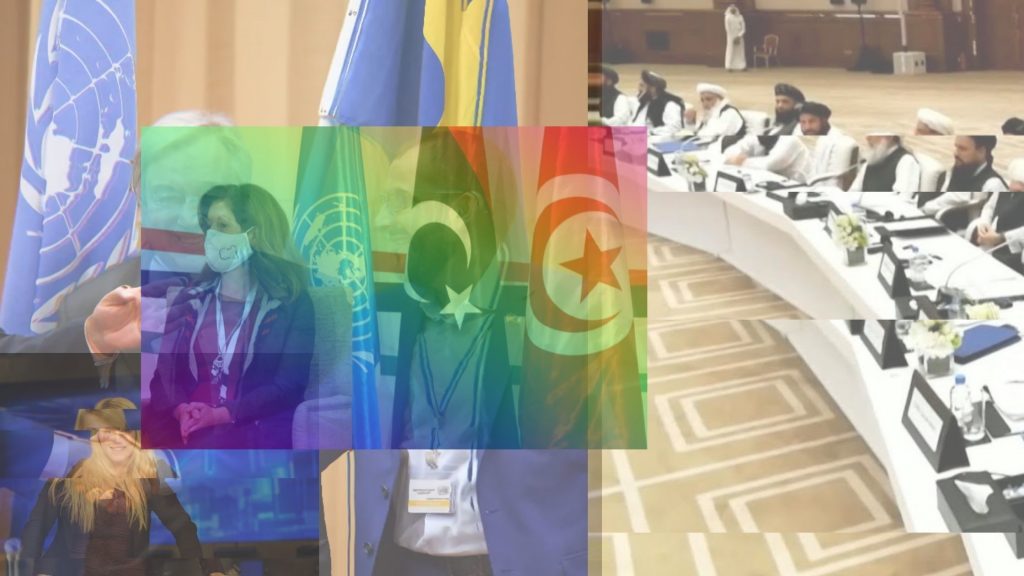
For me, the feeling that I am missing an important source is a cause for stress. It is only good enough when I have at least read everything that is reasonably available to me. In addition, I come across many obscure books and articles, especially books.
An additional advantage of this is that I estimate the chance that my supervisor will look up those peculiar once and therefore expect that he will assume that I am representing the source correctly for the sake of convenience. In my case, I am going to analyse recordings and materials of peace processes within a certain setting and time frame.
Having material in different languages from non-mainstream media equals peculiar little books. So I thought. My supervisor with sheer enthusiast: “Oh, great, you speak all the source languages! We will have even more interesting findings. Make sure you transliterate, and preferably also translate all of it so one of our colleagues can double-check.” Whomp, whomp.
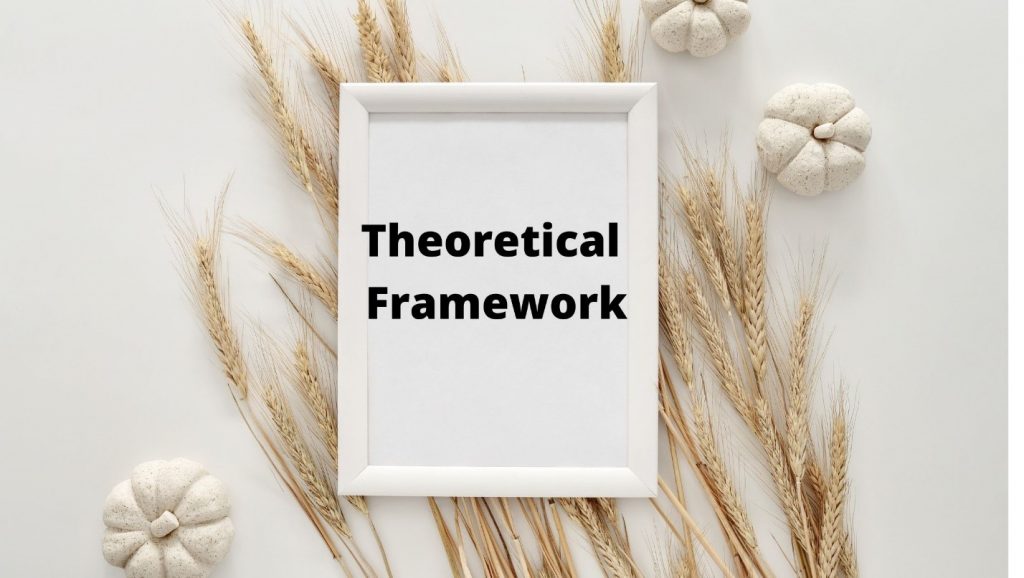
Your literature search is not a simple collection of literature, but a thorough orientation. A critical discussion of the data found then leads to your problem analysis, and answering questions or hypotheses. What?
A theoretical framework. Literature research is the basis of this theoretical framework, in which you lay the scientific basis for your research. Concepts, theories, ideas, and models relevant to your research – all part of it.
I cannot stress how important it is to have the right supervisor. The theoretical framework I thought to be probably useful, was quickly shaped into a perfect three-way angle in one meeting. Many students forget the bulk of thesis should be the analysis. It is like the burger part of, well, your burger.
Stick to 25% of your work to be theoretical framework and introduction. No pressure of compressing it all in a couple of pages. My windowsill currently contains nine kilos of dead tree, which I will use to write up to four pages – minus acknowledgements.
Another option is reverse engineering: you come up with an answer to your research question and search for the sources that support this answer.
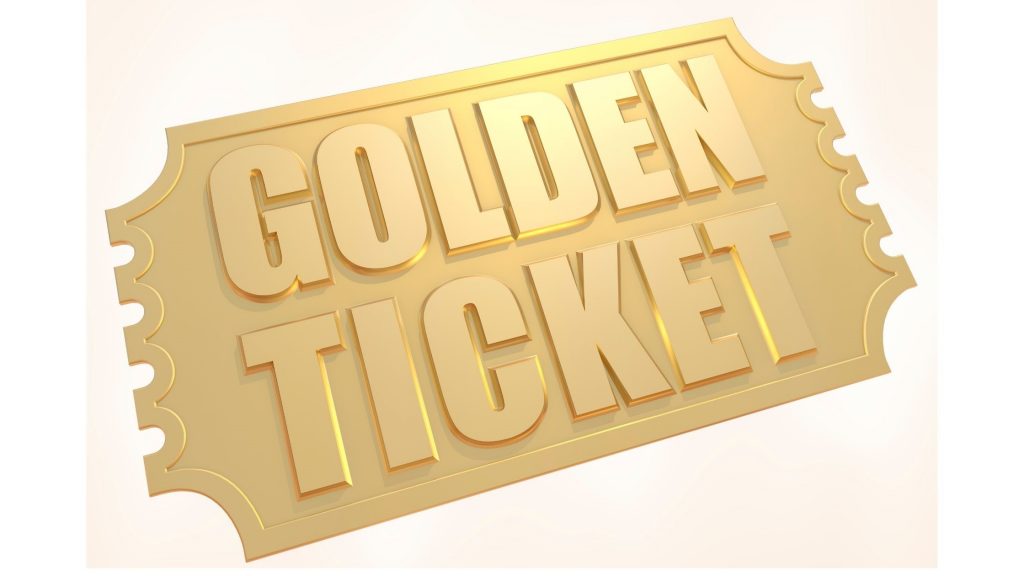
Whatever style of source research you use, there is one golden rule for the highest mark: Use the literature that your supervisor has published on this subject. Or better yet, researchers from the department.
He or she is only made of flesh and blood and has subjective feelings, too. Don’t forget, at Uppsala University, your supervisor does not grade your thesis! In the end, you need to ask yourself the question: “Do you write a thesis to contribute to the scientific debate or to solve a problem as effectively as possible, or to obtain the highest possible mark?” With master’s behind me, my goal is to contribute to my field. Hopefully, that does not exclude graduating cum laude.
/Fausia

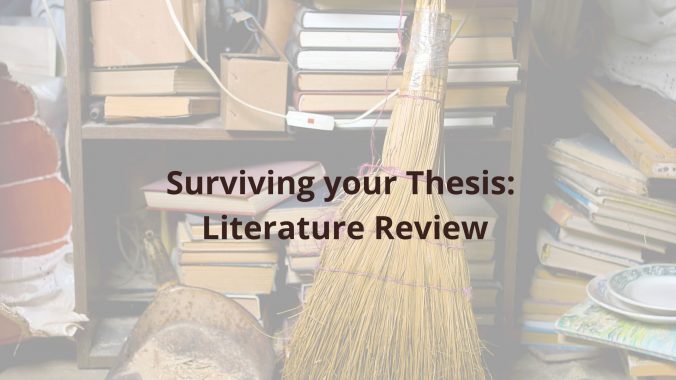
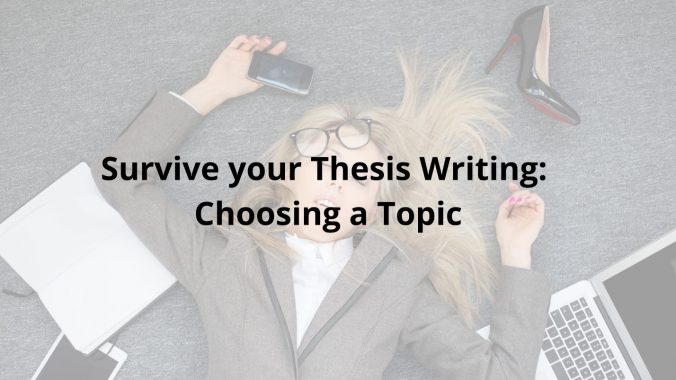

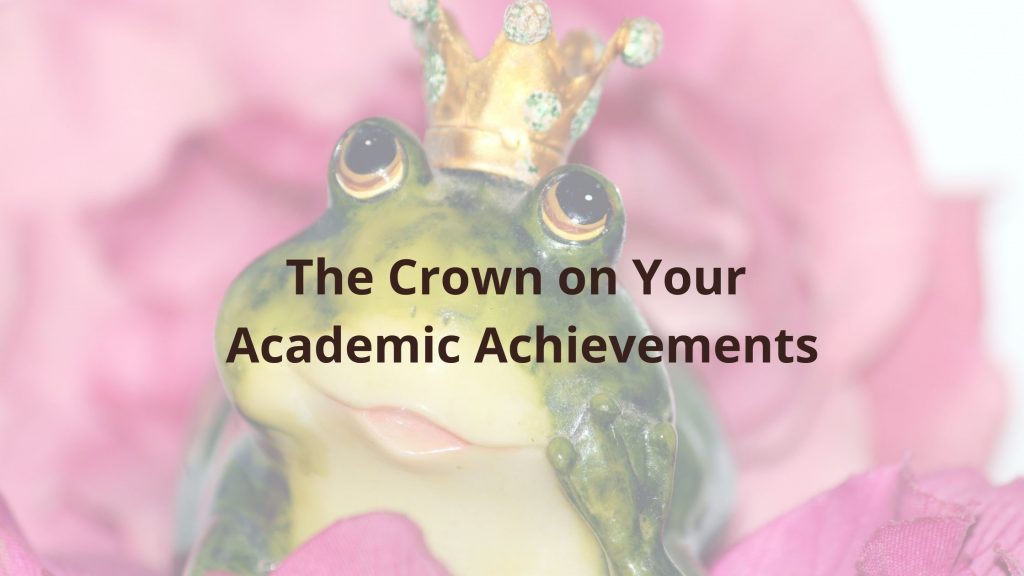
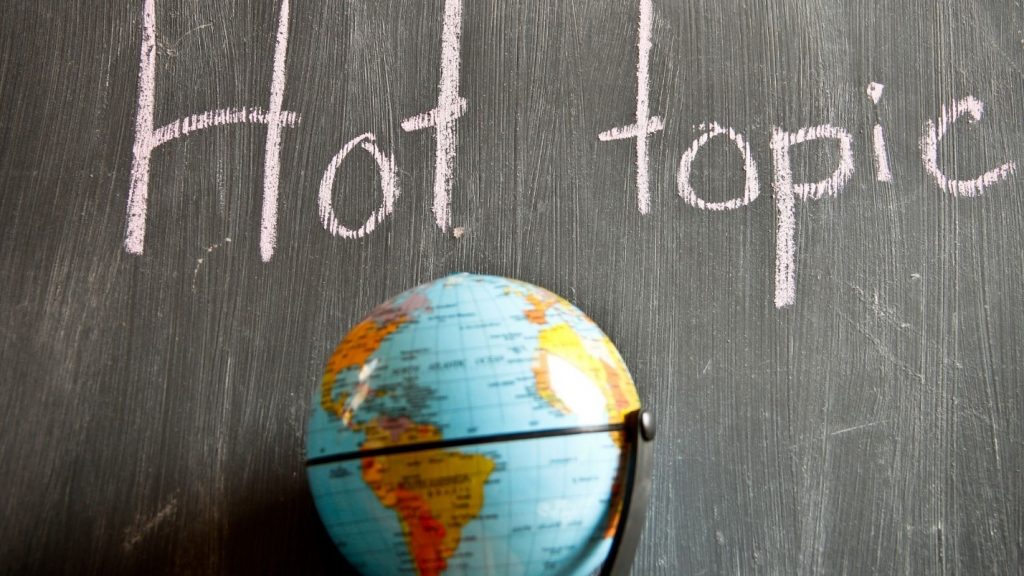
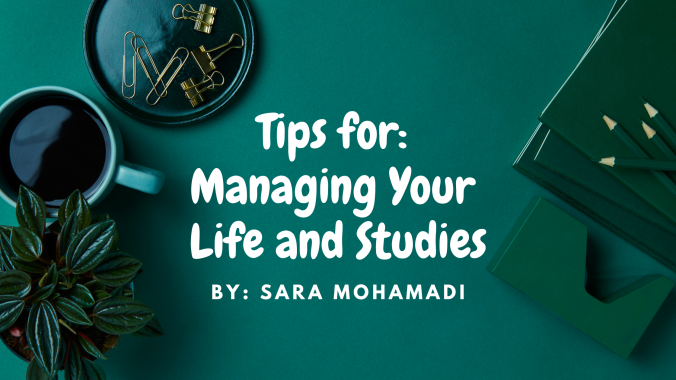

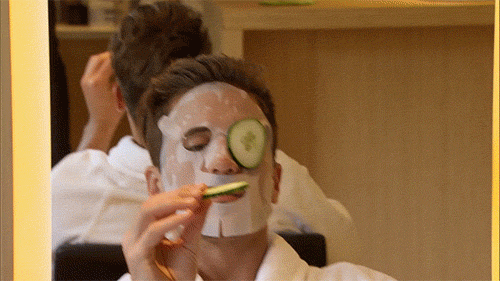



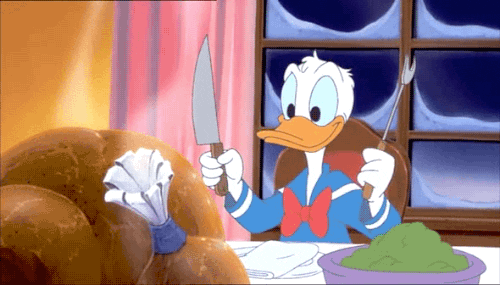
Recent Comments